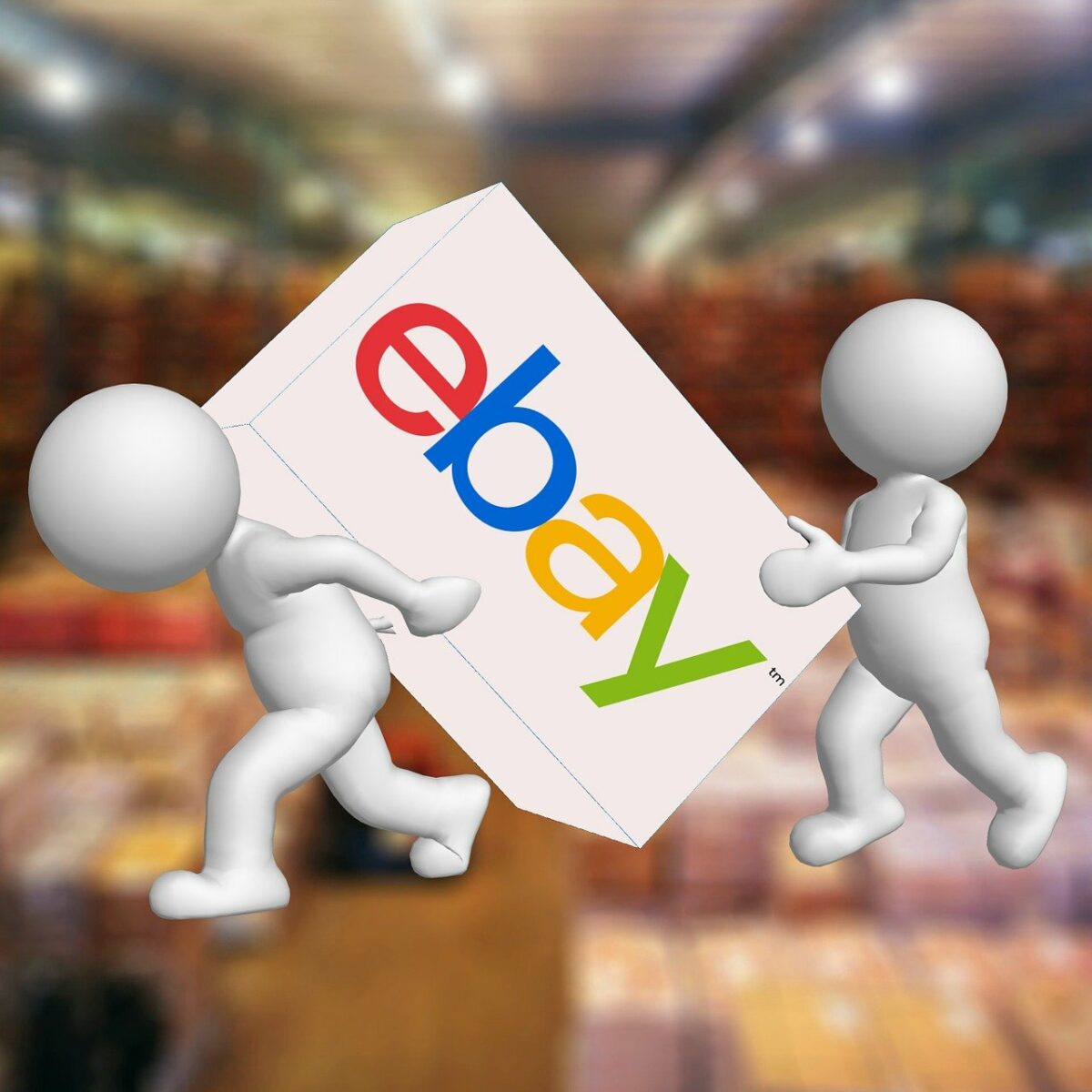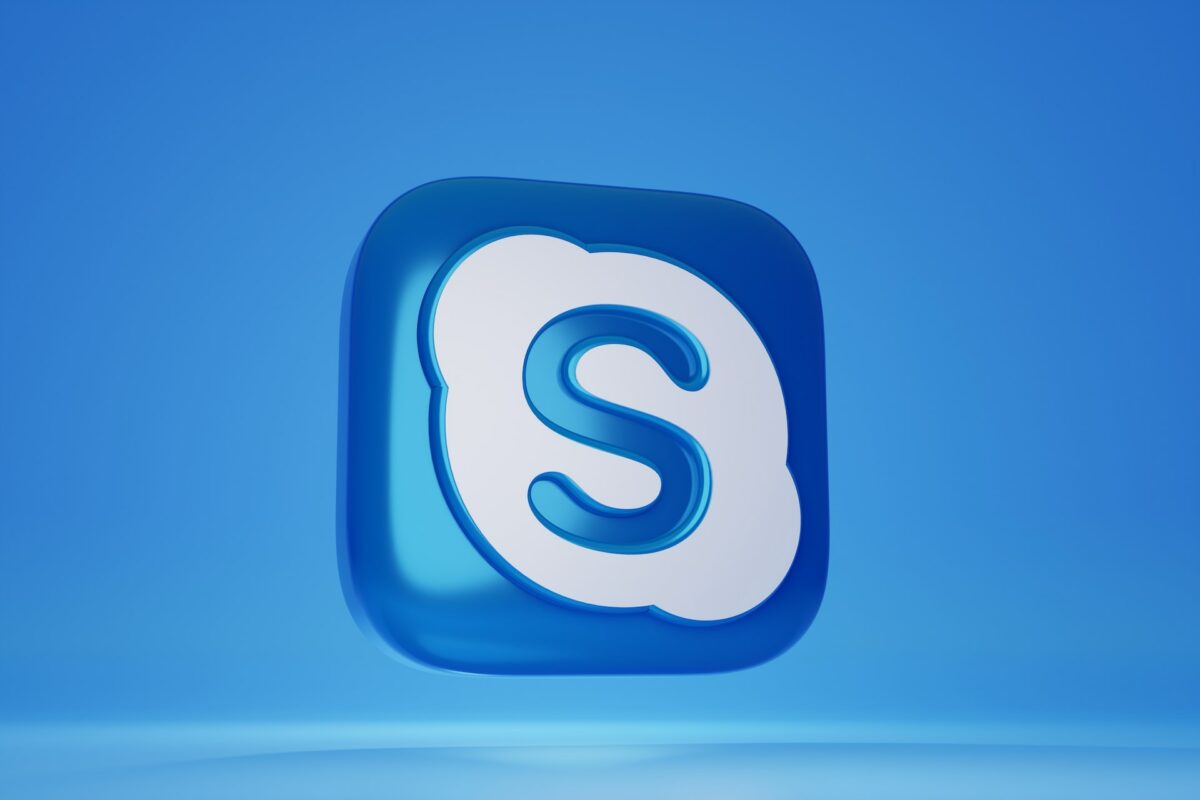You may be wondering when did eBay start and how it became the global online auction and trading giant that it is today.
Well, the company was founded in 1995 by Pierre Omidyar, who had created an online marketplace called AuctionWeb as a hobby. The first item sold on the site was a broken laser pointer for $14.83.
Within a year, the site had grown so much that Omidyar had to upgrade his internet connection and hire his first employee.
In 1997, the company changed its name to eBay and went public, raising $63 million in its initial public offering.
From there, eBay continued to expand, acquiring other companies such as PayPal and StubHub, and becoming a household name in the world of e-commerce.
Post Contents
When Did eBay Start
If you’re curious about how eBay began, you’re not alone. The Founding of eBay and the Early Years of eBay are fascinating tales of innovation, experimentation, and perseverance. Here’s a brief overview of the company’s beginnings.
The Founding Of eBay
In 1995, Pierre Omidyar, a computer programmer, created a website called AuctionWeb.
His goal was to create an online marketplace where buyers and sellers could come together to trade goods and services.
Omidyar’s first sale was a broken laser pointer that sold for $14.83. From there, AuctionWeb grew rapidly, and by the end of the year, the site was generating $7,000 per month in revenue.
In 1997, AuctionWeb was renamed eBay, and the company began to focus on building a community of buyers and sellers.
The site expanded to include categories such as collectibles, electronics, and fashion, and eBay quickly became one of the most popular e-commerce sites on the internet.
The Early Years Of eBay
In the early years of eBay, the company faced many challenges. One of the biggest challenges was building trust between buyers and sellers.
To address this issue, eBay implemented a feedback system that allowed buyers and sellers to rate each other based on their experiences. This system helped to build trust and credibility on the site.
Another challenge eBay faced was competition from other e-commerce sites.

To stay ahead of the competition, eBay focused on providing a unique user experience.
The company introduced features such as “Buy It Now” and “eBay Stores,” which allowed sellers to create their own online stores within the eBay platform.
Despite these challenges, eBay continued to grow and expand. In 1998, the company went public, and by 2000, eBay had become one of the most valuable companies on the internet.
Overall, the founding of eBay and the early years of the company were marked by innovation, experimentation, and perseverance.
Today, eBay is one of the largest e-commerce sites in the world, with millions of users and billions of dollars in annual revenue.
Growth And Expansion
As eBay gained popularity, it continued to grow and expand its reach.
Here are some key moments in eBay’s growth and expansion:
eBay’s IPO
In September 1998, eBay went public with an initial public offering (IPO) on the NASDAQ stock exchange.
The IPO raised $63.5 million and valued the company at $700 million. This was a significant milestone for eBay, as it allowed the company to raise capital to fund its growth and expansion.
eBay’s Global Expansion
eBay’s global expansion began in 1999 with the launch of sites in Germany, Australia, and the UK. By 2000, eBay was available in 180 countries.
The company continued to expand its reach by acquiring other companies, such as PayPal in 2002 and Skype in 2005.
eBay’s international expansion was not without its challenges. The company faced competition from local e-commerce sites in different countries, and it had to adapt to local laws and regulations.
However, eBay’s global expansion allowed it to tap into new markets and reach a wider audience.
Overall, eBay’s growth and expansion were driven by its innovative platform, which allowed buyers and sellers to connect and transact online. As eBay continued to evolve and adapt to new technologies and trends, it remained a leader in the e-commerce industry.
Acquisitions And Partnerships
If you’re curious about eBay’s history, it’s essential to take a look at its acquisitions and partnerships.
Over the years, eBay has made several acquisitions and partnerships to expand its reach and improve its services. Here are some of the notable ones:
PayPal Acquisition
In 2002, eBay acquired PayPal, a payment processing company, for $1.5 billion.
PayPal became the primary payment method for eBay transactions, making it easier for buyers and sellers to conduct transactions on the platform. The acquisition helped eBay to improve its payment processing system and reduce fraud.
Skype Partnership
In 2005, eBay partnered with Skype, a communication platform, to integrate its services into eBay’s platform.
The partnership allowed eBay users to communicate with each other through voice and video calls, making it easier for them to conduct transactions.

However, the partnership didn’t last long, and eBay sold Skype to Microsoft in 2011.
Other notable acquisitions and partnerships by eBay include:
- GittiGidiyor: A Turkish e-commerce platform that eBay acquired in 2011.
- StubHub: A ticket resale platform that eBay acquired in 2007.
- Half.com: An online marketplace for buying and selling textbooks, music, and movies that eBay acquired in 2000.
- Magento: An e-commerce platform that eBay acquired in 2011.
- Terapeak: A market research company that eBay acquired in 2017.
These acquisitions and partnerships have helped eBay to expand its reach and improve its services.
By partnering with other companies, eBay has been able to offer its users new and innovative services that have helped to keep the platform relevant in a constantly evolving e-commerce landscape.
Recent Developments
eBay Today
You might be surprised to learn that eBay has been around since 1995. Since then, the company has gone through a lot of changes.
Today, eBay is a global online marketplace where people can buy and sell almost anything.
With over 185 million active buyers and sellers, eBay is one of the largest e-commerce platforms in the world.
One of the most significant changes eBay has undergone in recent years is the shift towards mobile.
More and more people are using their smartphones and tablets to shop online, and eBay has adapted to this trend by creating a mobile app that makes it easy to buy and sell on the go.
eBay’s mobile app has been downloaded over 370 million times, and it’s available in over 190 countries.
eBay’s Future
So, what’s next for eBay? The company is always looking for ways to improve the user experience and stay ahead of the competition.
One of the ways eBay is doing this is by investing in artificial intelligence (AI) and machine learning.
By using these technologies, eBay can better understand what people are looking for and make personalized recommendations.
Another area where eBay is focusing its efforts is on sustainability. The company has set a goal to be 100% carbon neutral by 2025, and it’s taking steps to reduce its carbon footprint.
For example, eBay has partnered with a company called Optoro to help resell returned items, reducing waste and keeping products out of landfills.
Overall, eBay has come a long way since its early days as an online auction site.
With a focus on mobile, AI, and sustainability, eBay is positioning itself for continued success in the years to come.
Key Takeaways
If you’re curious about when eBay started, here are some key takeaways to keep in mind:
- eBay was founded by Pierre Omidyar in his San Jose home on September 3, 1995.
- Omidyar was interested in the potential for web-based commerce and began testing that potential with his own online auctions.
- eBay was one of the first companies to create and market an Internet Web site to match buyers and sellers of goods and services.
- eBay is primarily a consumer-to-consumer ecommerce marketplace, which generates revenue through transaction fees and marketing services.
- PayPal was part of eBay Inc. for more than a decade and was spun off into an independent company in July 2015.
- eBay’s strong synergies with PayPal benefited both businesses for years.
Overall, eBay has had a significant impact on the world of ecommerce, making it easier than ever for buyers and sellers to connect and do business online.
While the company has faced its fair share of challenges over the years, it continues to be a major player in the ecommerce space, with millions of users around the world.






























